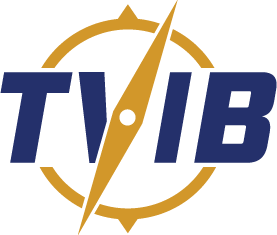AWO: Jones Act
Published by AWO on 10/30/2017
“On October 26, the Wall Street Journal editorial board published an anti-Jones Act editorial (accessible by subscription here) that inaccurately portrays the Jones Act as causing delay in the delivery of relief cargo to Puerto Rico and prolonging post-hurricane difficulties there.
In response, AWO is working with its partners at the American Maritime Partnership to distribute a one-page rebuttal of the Wall Street Journal editorial to Members of Congress, Administration officials, the media and other thought leaders influential on this issue. The rebuttal can be viewed here. Our goal is to ensure that as wide an audience as possible understands that the arguments made by the WSJ editorial board were incorrect, and to set the record straight on the true obstacles to Puerto Rico’s hurricane recovery and the importance of the Jones Act.”
AWO is encouraging their members to distribute the rebuttal far and wide.
